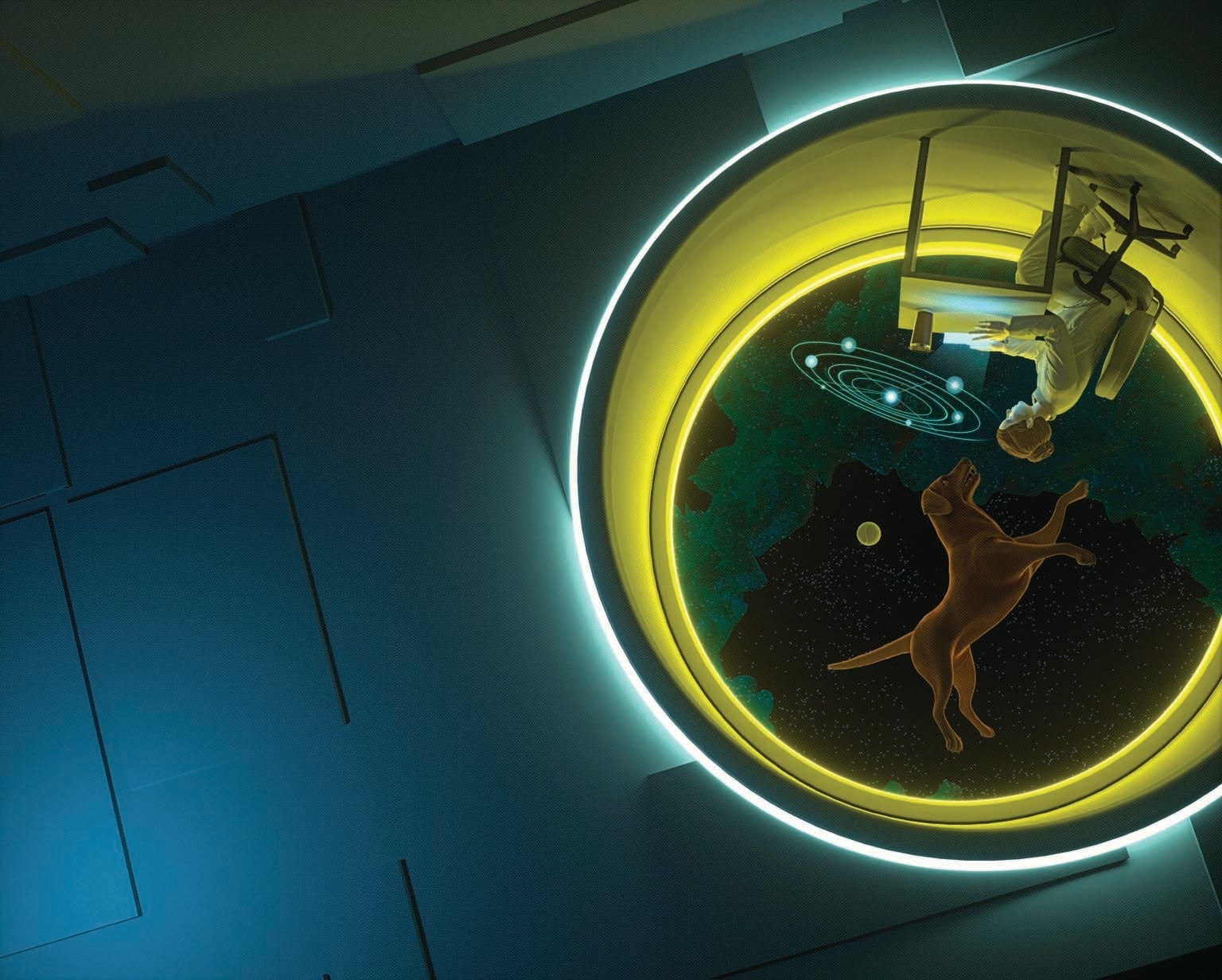First, a couple science bits. Let’s start with an intriguing episode of Veritasium.
Veritasium: Math Has A Fatal Flaw.
Maybe not a “flaw” but an aspect beyond human intuitive understanding: how in any system of mathematics, there exist true statements that cannot be proven. With an example of John Conway’s “Game of Life,” which shows how very simple rules can lead to very complex results. (Evolution skeptics take note.)
\\
There is a small but significant portion of science fiction, that I’ve taken to calling “honest” (as opposed to “pop” or even “traditional” SF) that abjures the fantasies of warp drives that violate all known physics, and the notion that planets around other stars, no matter how many of them there may be, that turn out to be perfectly suited for human habitation, should we figure out a way to get there.

Scientific American, Sarah Scoles, October 2023 issue (but posted earlier): Why We’ll Never Live in Space, subtitled “Medical, financial and ethical hurdles stand in the way of the dream to settle in space”
On this question, science-fiction scholar Gary Westfahl casts doubt on space travel’s inherent value. In his vast analyses of sci-fi, he has come to view the logic and drive of the enterprise as faulty. “I inevitably encountered the same argument: space travel represents humanity’s destiny,” he says of the impetus for writing his essay “The Case against Space.” Space explorers are often portrayed as braver and better than those who remain on their home planet: they’re the ones pushing civilization forward. “Philosophically, I objected to the proposition that explorers into unknown realms represented the best and brightest of humanity; that progress could be achieved only by boldly venturing into unknown territories,” Westfahl says. After all, a lot of smart and productive people (not to mention a lot of happy and stable people) don’t spend their lives on the lam. “Clearly, history demonstrates no correlation between travel and virtue,” he writes. “The history of our species powerfully suggests that progress will come from continued stable life on Earth, and that a vast new program of travel into space will lead to a new period of human stagnation,” he concludes ominously.
I note this because Gary Westfahl is, or was, a long-time contributor to Locus Online (when I was running it), and is the author and editor of numerous nonfiction books, including an upcoming one about critical approaches to science fiction for which he has invited me to contribute an essay. (Which has been 98% done for about two months now.)
The referenced essay in the quote was published in Science Fiction Studies in 1997, and is posted online here. The greatest recent SF novel that acknowledges the factors that will likely make humanity’s settling of other planets impossible is Kim Stanley Robinson’s Aurora, from 2015, which I reviewed here.
\\
Let’s dispose of some of today’s political items with headlines, no quotes or commentary.

Slate, David Faris, 28 Sep 2023: The GOP Debate Moderators Tried to Let Candidates Distance Themselves From Wildly Unpopular Policies, subtitled “They said no thanks!”
\
Salon, Chauncey DeVega, 29 Sep 2023: Trump’s retribution plan: Becoming America’s first dictator, subtitled “Trump is not exaggerating, posturing or just being hyperbolic. Take his threats seriously.”
\
This follows up on an earlier item.
Hemant Mehta, Friendly Atheist, 29 Sep 2023: A majority of GOP voters seriously think Donald Trump is a “person of faith”, subtitled “Trump worships himself. That doesn’t make him pious.”
\
MediaMatters, 29 Sep 2023: Fox News’ biggest prime-time stars spent the first day of impeachment inquiry pushing doctored evidence
\
The New Republic, 29 Sep 2023: Taylor Swift Has Broken Conservatives’ Brains, subtitled “The singer’s recent appearance at a Kansas City Chiefs game mostly caused a delightful stir—except among those on the grievance-sozzled right.”
OK, comment: I was boggled by this headline. Why, why? Turns out it’s about vaccines.
\
The way the American system of voting works, small minorities in key states can become elected and then disrupt key functions of the government. There’s some flaw here.

Washington Post, 29 Sep 2023: Opinion | Who elects these clowns, exactly? As it turns out, almost none of us.
\\
Enough for today.






